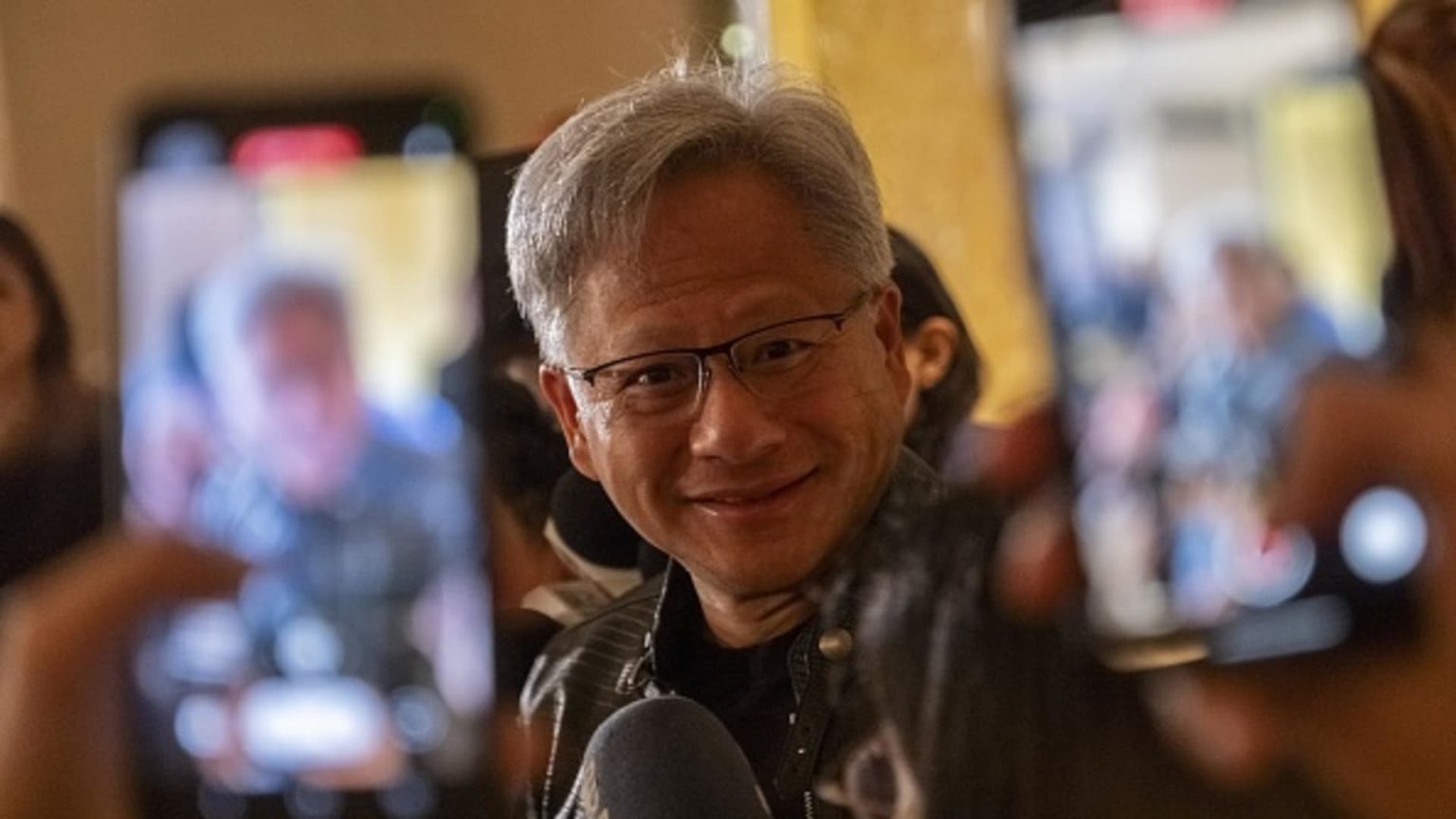Nvidia CEO Jensen Huang is known for being a tough and demanding leader, with employees describing him as a perfectionist who is not easy to work for. Huang, who co-founded the chipmaker in 1993, believes that being demanding is necessary to achieve extraordinary results. He has taken steps to reduce management layers at the company, expecting senior executives to operate independently and without much guidance. While his leadership style may be controversial, experts believe that it is essential for running a trillion-dollar company like Nvidia.
Huang’s background as an immigrant from Taiwan has influenced his task-oriented leadership style, emphasizing hard work, setting ambitious goals, and monitoring performance. His early experiences of being bullied and working multiple part-time jobs have instilled in him a belief in the value of exerting control over every aspect of the company, viewing it as a machine that needs careful management. While this approach has proven successful over the years, Huang may have overlooked other important leadership traits, such as empathy and taking care of employees’ well-being.
Experts suggest that Huang could benefit from incorporating more people-focused leadership practices into his style, as being empathetic and meeting workers’ needs can be demanding and time-consuming. Managing 50 direct reports means that Huang likely struggles to coordinate and manage his time effectively, focusing more on setting tasks and deadlines rather than building relationships with his employees. However, Nvidia’s strong reputation and the abundance of talented individuals seeking opportunities at the company have allowed Huang’s cutthroat leadership style to be successful thus far.
While Huang’s relentless approach may have contributed to Nvidia’s success as a leading tech company, experts question whether his leadership style is sustainable in the long term. Being a task-oriented leader who prioritizes control over every aspect of the company poses challenges in terms of managing a large team effectively and addressing individual needs. While Nvidia continues to be an attractive employer for many talented individuals, Huang’s leadership may face challenges if talented employees seek more empathetic and collaborative work environments.
Moving forward, Huang may need to consider balancing his task-oriented leadership with a greater emphasis on empathy and taking care of employees’ well-being. By building stronger relationships with his direct reports and fostering a more supportive work environment, Huang could potentially enhance both employee satisfaction and overall productivity at Nvidia. Ultimately, finding a balance between being demanding and empathetic could be key to sustaining Nvidia’s success in the long run.













